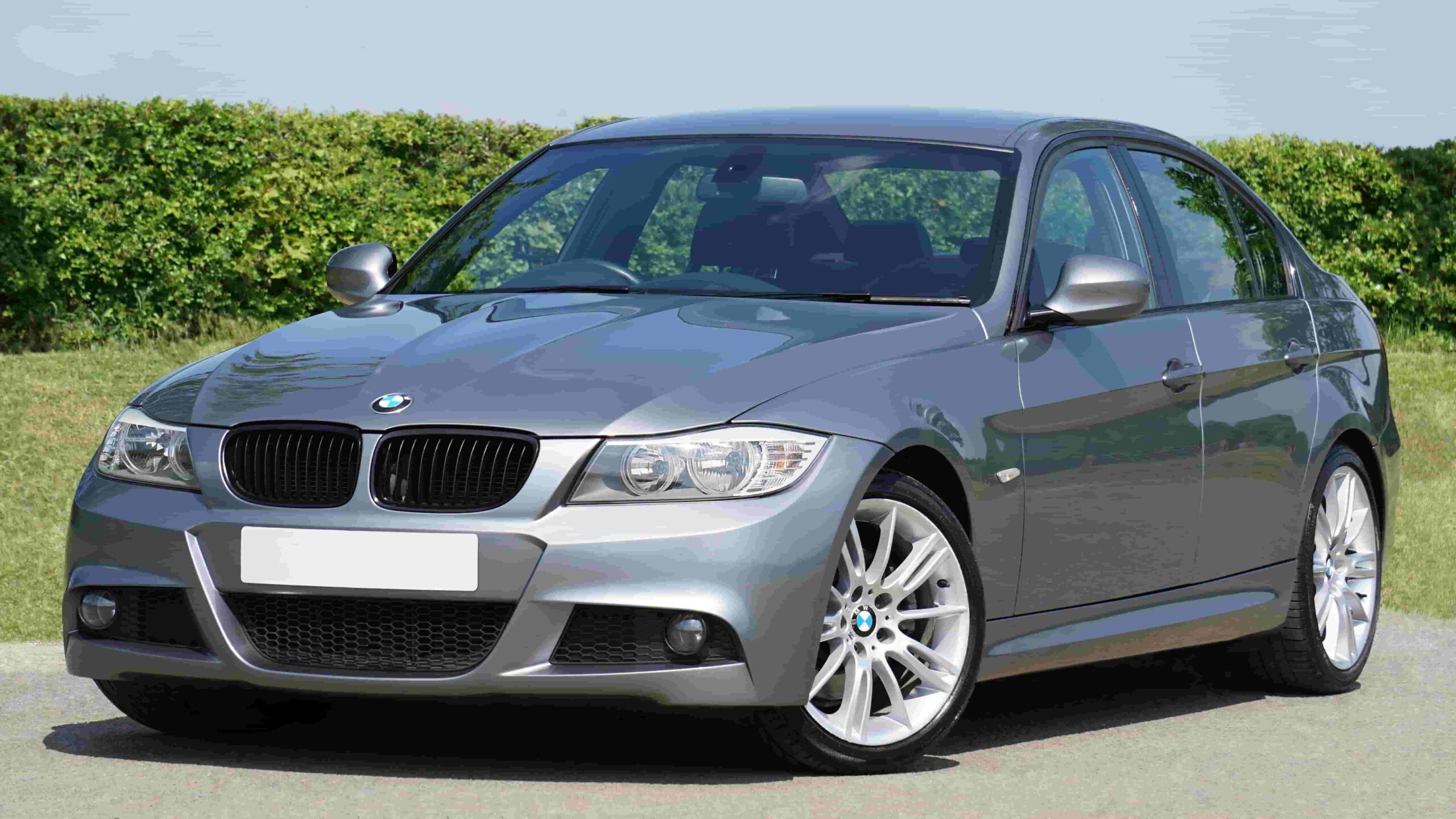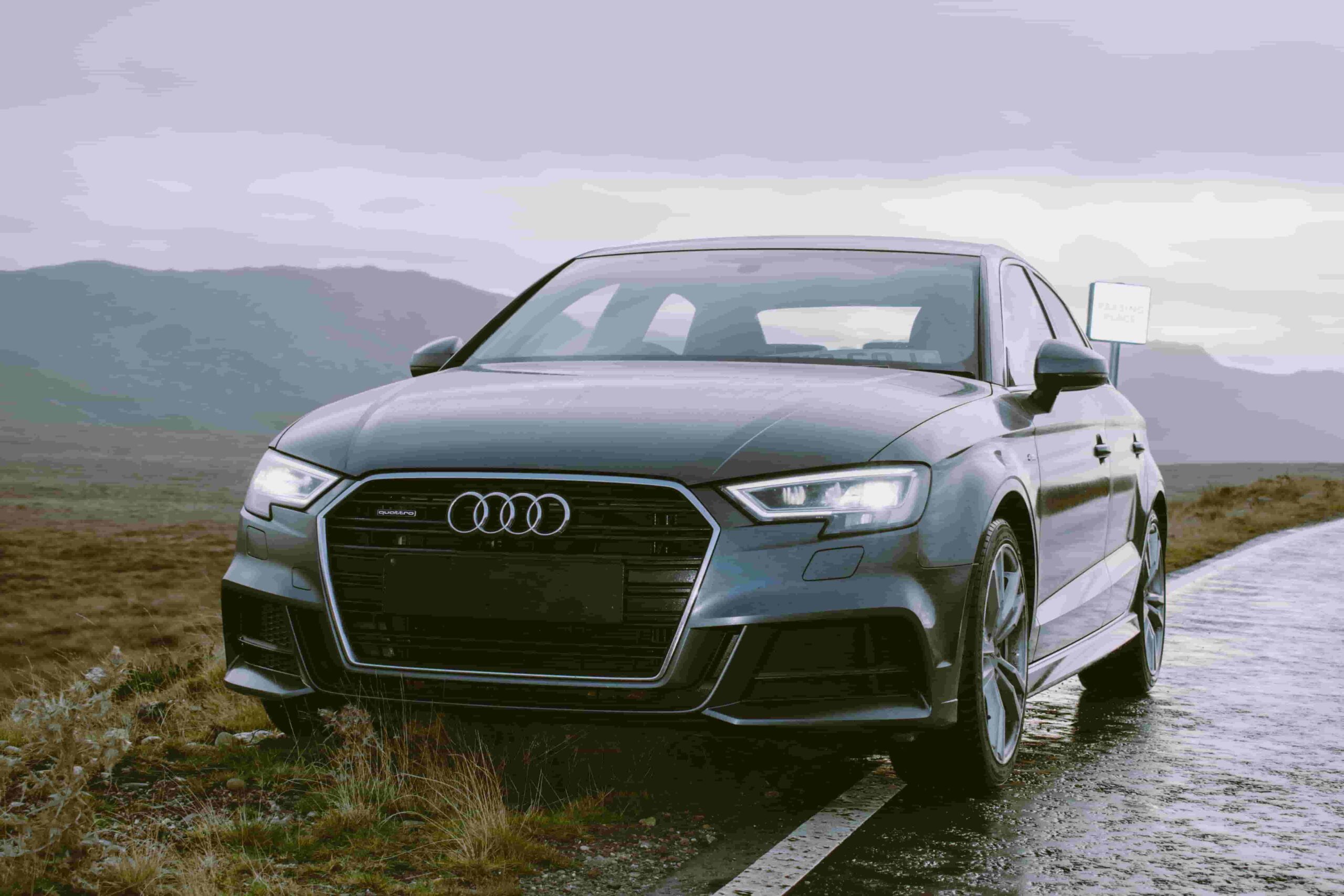Choosing the right car is an exciting yet daunting task, especially for first-time buyers and budget-conscious consumers. With countless options available, how can you ensure you get the best value for your money? This guide will walk you through each step of the car-buying process, helping you make an informed decision that suits both your needs and your budget.
Why Choosing the Right Car Matters
Buying a car is a significant financial commitment, often second only to purchasing a home. For first-time buyers, the excitement of getting your own set of wheels can sometimes cloud judgment, leading to hasty decisions and potential regrets. A wrong choice can strain your finances and lead to unnecessary stress. This guide aims to simplify the car-buying process, ensuring you make a purchase that is both financially sound and personally satisfying.
Understanding Your Budget
Calculating the Total Cost of Ownership
When budgeting for a new car, it’s essential to consider more than just the sticker price. The total cost of ownership includes insurance, maintenance, fuel, and registration fees. Here’s how to get a comprehensive view:
- Down Payment and Financing: Determine how much you can afford as a down payment. A higher down payment can reduce your monthly payments and interest rates. Use online calculators to estimate your monthly payments based on different loan terms and interest rates.
- Insurance Costs: Car insurance premiums can vary widely based on the make and model of the car, your driving history, and location. Get quotes from multiple insurers to find the best rate.
- Maintenance and Repairs: Research the average maintenance costs for the models you’re interested in. Some cars have higher upkeep costs due to specialized parts or less reliable performance.
- Fuel Efficiency: Consider the car’s fuel economy. Efficient vehicles may have higher upfront costs but can save you money in the long run.
- Depreciation: Understand that cars lose value over time. Some models depreciate faster than others. Knowing the depreciation rate can help you make a more informed decision.
By factoring in all these elements, you can get a clearer picture of what owning a car will truly cost you and plan your budget accordingly.
Defining Your Needs
Matching Car Features With Your Lifestyle
Now that you have a handle on your budget, it’s time to think about what you need in a car. Your lifestyle plays a crucial role in determining the features and types of vehicles that will suit you best.
- Daily Commute: If you have a long daily commute, fuel efficiency and comfort should be top priorities. Compact cars and hybrids are excellent choices for city driving.
- Family Requirements: For growing families, space and safety are paramount. SUVs and minivans offer ample room and advanced safety features.
- Adventure and Off-Roading: If you love outdoor activities, consider a vehicle with off-road capabilities like an SUV or a pickup truck.
- Technology and Luxury: If you enjoy the latest tech and luxurious interiors, you might lean towards premium models that offer advanced infotainment systems, leather seats, and cutting-edge safety features.
- Environmental Concerns: For the environmentally conscious, electric and hybrid vehicles are worth considering. These cars produce fewer emissions and can save you money on fuel.
By aligning your car’s features with your daily needs, you ensure that your new vehicle enhances your lifestyle rather than complicating it.
Researching Your Options
Exploring New, Used, and Lease Car Choices
With a clear understanding of your budget and needs, it’s time to explore your options. Each type of car purchase—new, used, or leased—has its pros and cons.
- New Cars:
- Advantages: Latest technology, full warranties, and limited maintenance concerns.
- Disadvantages: Higher depreciation rate, higher upfront cost.
- Used Cars:
- Advantages: Lower purchase price, slower depreciation, potential for certified pre-owned programs.
- Disadvantages: Possible maintenance issues, limited warranties, unknown history.
- Leasing:
- Advantages: Lower monthly payments, ability to drive a new car every few years, warranty coverage.
- Disadvantages: Mileage limits, no ownership equity, potential for end-of-lease charges.
Consider what matters most to you—whether it’s driving the latest model or keeping costs low—and choose the option that best aligns with your priorities.
Beyond the Purchase
Factoring in Insurance, Maintenance, and Fuel Costs
Buying a car is just the beginning; owning one comes with additional expenses that can add up quickly. Here are some key costs to consider:
- Insurance:
- Shop Around: Obtain quotes from multiple insurance companies to find the best rate.
- Coverage Options: Understand different coverage levels (liability, collision, comprehensive) and choose what fits your needs.
- Discounts: Look for discounts for good driving records, multiple policies, and safety features.
- Maintenance:
- Routine Services: Regular oil changes, tire rotations, and brake inspections can prevent costly repairs.
- Unexpected Repairs: Set aside a fund for unexpected mechanical issues.
- Extended Warranties: Consider purchasing an extended warranty for added peace of mind.
- Fuel Costs:
- Fuel Types: Know whether your car requires regular, premium, or diesel fuel.
- Driving Habits: Adopt fuel-efficient driving habits to maximize your vehicle’s miles per gallon (MPG).
- Apps and Programs: Use apps to find the cheapest gas stations and consider loyalty programs for savings.
By planning for these ongoing expenses, you can avoid financial surprises and keep your car running smoothly.
Conclusion
Choosing the right car for your budget doesn’t have to be overwhelming. By understanding your budget, defining your needs, researching your options, and considering additional costs, you can make an informed decision that brings joy and satisfaction for years to come. Ready to start your car-buying journey? Begin by calculating your budget and exploring the wide range of options available to you. Happy car hunting!


